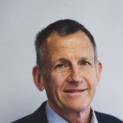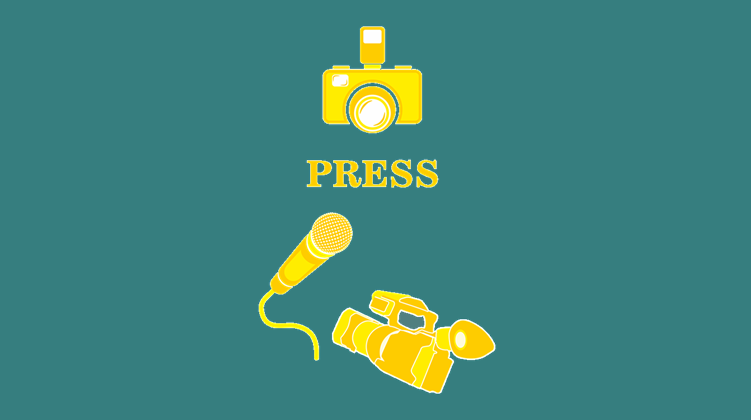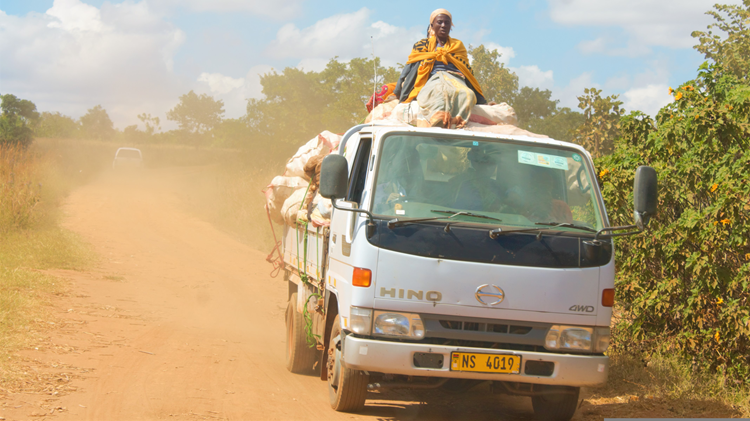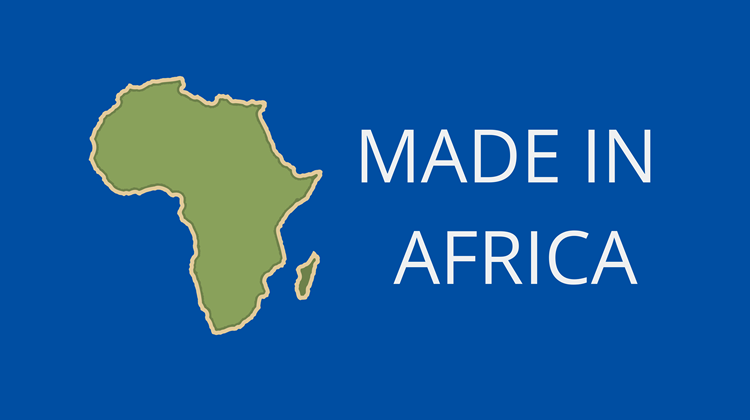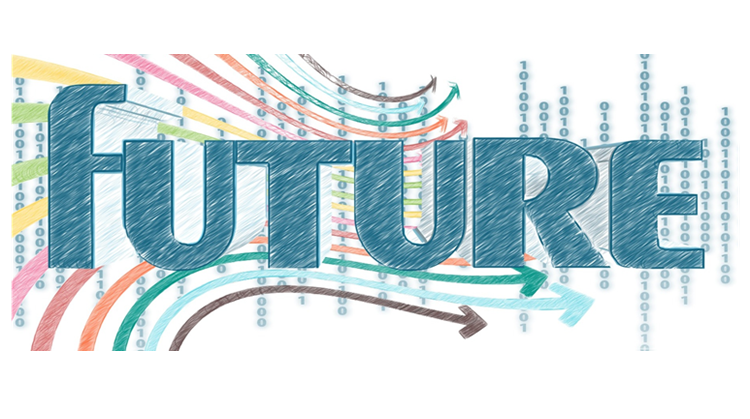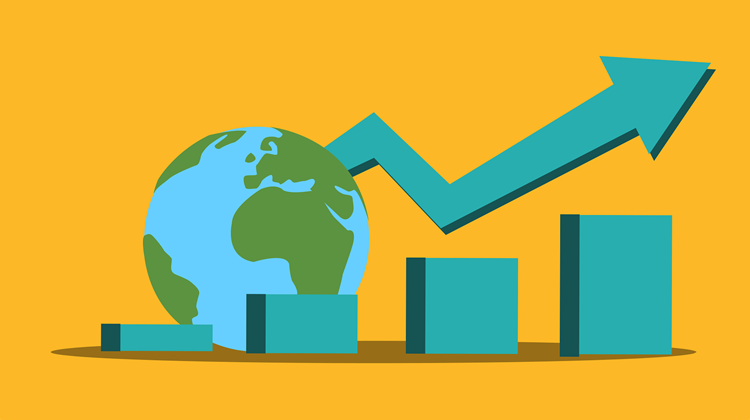Ending Poverty in Our Lifetime?
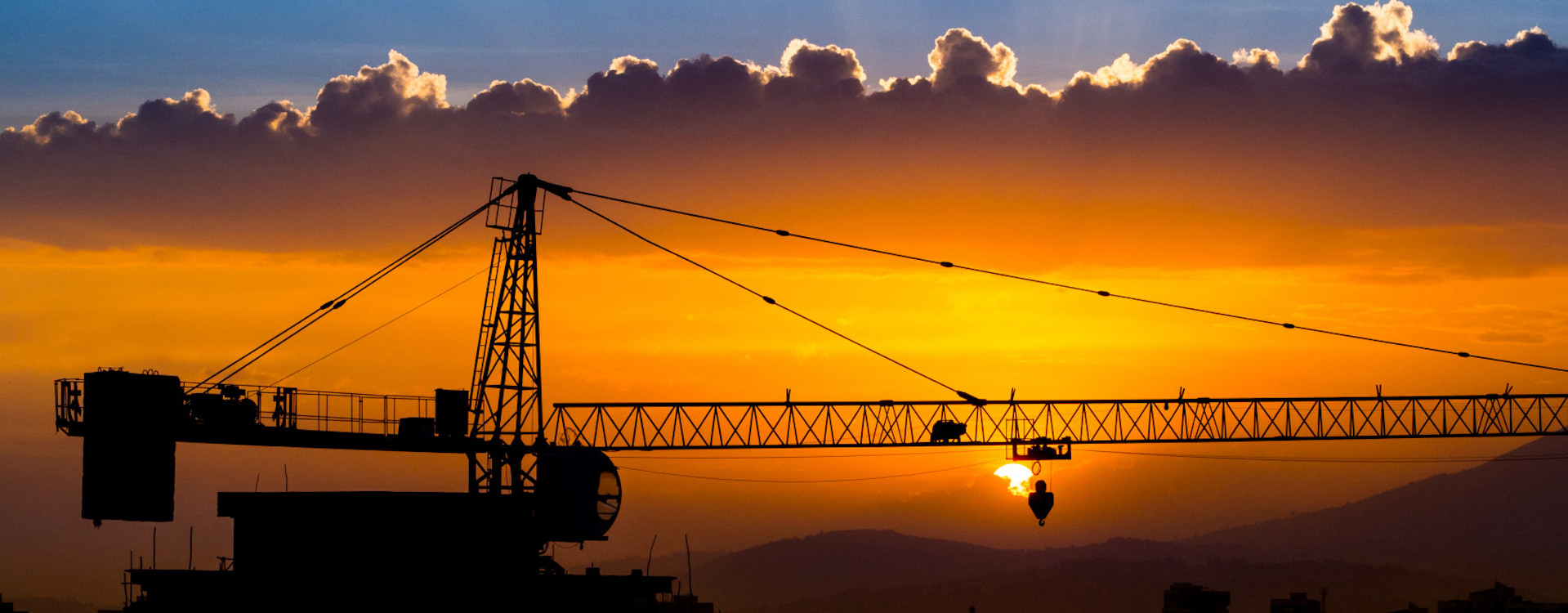
It is time, ahead of the 2024 UN Summit and its Pact for the Future, to evaluate the poor progress in reducing poverty in sub-Saharan Africa and to consider how to promote more rapid, sustainable development.
It is clear that sub-Saharan Africa will miss most of the Sustainable Development Goals (SDGs), particularly the headline goal to end extreme poverty by 2030. Successive shocks have set the SDG goals and targets back, including the aftermath of the 2007/8 financial crisis, the COVID-19 pandemic and, most recently, the impact of Russia’s invasion of Ukraine that has reduced global growth forecasts amidst rising tensions between the West and China. North African countries have generally performed well, but around 40% of sub-Saharan Africa’s population (equivalent to 490 million people) lives below US$2.15 per person daily. According to the African Futures & Innovation forecasts at the Institute for Security Studies, this number will slightly decrease to around 33% (480 million people) in 2030. It is time, ahead of the 2024 UN Summit and its Pact for the Future, to evaluate the poor progress in reducing poverty in sub-Saharan Africa and to consider how to promote more rapid, sustainable development.
A Multilateral Agenda to Tackle Global Challenges?
How can global players construct a collaborative – rather than competitive – global system that will enable humanity to survive and prosper in the long term, particularly in Africa, given poverty, growing tensions and the threat of climate change?
The scenario is well established. Most recently, the state of affairs was reiterated in UN Secretary-General’s briefing to the General Assembly on Priorities for 2023. ”The world – Antonio Guterres warned – is staring down the barrel of a confluence of challenges unlike any others in our lifetime. … This is not a time for tinkering. It is a time for transformation.” Many elements of an appropriate reform agenda are reflected in the September 2021 report by UN Secretary-General ‘Our Common Agenda‘. But instead of action, Guterres warned, “the chances of further escalation and bloodshed keep growing.” Amongst a list of priorities for urgent action, he sets out an agenda for the radical transformation of the global financial architecture to place the needs of developing countries at the centre of every decision and mechanism of such a system.
A subsequent first UN policy brief, ‘To Think and Act for Future Generations’ published in March 2023, is a plea for the better use of foresight, science and data that places the interest of future generations at the heart of decision-making today – a call for the considered inclusion of long-term perspectives and concludes, amongst others, with a call for a new subsidiary body of the UN General Assembly in the form of a commission on future generations. Other papers in the ‘Our Common Agenda‘ Policy Brief series make proposals to overcome the various obstacles and impediments to the SDG goals and targets at a global level. The required reforms of the international financial and tax architecture, for example, cover six areas ranging from global economic governance to a reformed global tax architecture. Collectively, these would put an end to divergence, economic fragmentation and geopolitical fractures, rebuild trust and support convergence towards effective global economic governance and attract greater flows of private capital to invest in the capacity of developing countries to alleviate poverty and suffering.
From Geopolitical Tensions to Developmental Trajectories
Whilst preparations for the 2024 Summit are underway, it is clear that the most pressing and immediate issue, both globally and for Africa, is bridging the emerging global divisions and alleviating rising tensions between China and the West. If history is any guide to the future, it is important to recall that the years immediately preceding the collapse of the Berlin Wall in 1989 were particularly difficult. The African continent hosted a series of proxy wars as it was buffeted by the effects of East-West tension, and recovery would only come through a commodities boom that did little to provide sustainable growth. A quarter of a century later, Africa is once again experiencing unprecedented increases in conflict, with the burden of having to pick a side looming. Slow growth breeds discontent, which opens the door to many other afflictions. It means less revenues for governments to spend on social protection, education, infrastructure and security. The result is an expansion of extremisms such as radical Islam on the continent, a rash of military coups and opportunities for Russian interference to challenge and extend its Western opponents in Africa. Coming on top of already high debt levels and a reduction in Chinese lending, Africa has effectively lost several years of progress. In 2022, GDP per capita in Africa was, on average, back to where it was in 2017 at around US$ 5160 in 2017 values. COVID-19 alone has pushed an additional 25 million Africans in sub-Saharan Africa into extreme poverty – an impact that will last well beyond 2030.
There are many reasons for this concerning situation. Based on the ISS Africa’s forecasts, the African economy will grow at an average of about 4.6% for the next two decades, while Africa’s population will increase by an average rate of 2.2%, translating into slow per capita income growth (an average of 1.5% from 2024 to 2043). Given the relatively high levels of inequality, economic growth does not result into substantial poverty alleviation, and even then, Africa needs much more rapid economic growth.
A comprehensive approach to improve the development prospects for Africa
Tackling the issue of how to improve development prospects for Africa, ISS Africa has modelled various sectoral scenarios for each African country and simulated their impacts ranging from better governance and a more rapid demographic transition to an agricultural revolution and the full implementation of the African Continental Free Trade Area (AfCFTA).
These sectors are not isolated but deeply interlinked. For instance, infrastructure and education (human capital) are crucial for industrialisation and economic diversification. Similarly, providing rural roads is vital for food self-sufficiency and agriculture commercialisation. Agriculture can also pave the way to manufacturing through agro-processing while improving governance and security cuts across all sectors. Thus, a holistic approach or a coordinated policy push across sectors is the best option to propel Africa to prosperity.
These findings underline the huge efforts required to eventually meet the SDG goals and targets. The primary responsibility lies with Africans, but the continent cannot do so in isolation. Africa needs the support and commitment of the international community. Here the first task, perhaps even more important than aid, is to reset relations between the West and China. The current trajectory towards a Divided World will likely accelerate the continent’s myriad ongoing and emerging challenges.
China, Europe and the US are Africa’s most important development partners, even as the continent’s trade is increasing with other countries in the Global South. Africa desperately needs Chinese loans, investments and domestic manufacturing contributions, in addition to what the US and the EU can offer under their various initiatives, such as the US’s Build Back Better World, the EU’s Global Gateway and the G7’s Partnership for Global Infrastructure and Investment. Chinese companies already build 60% of World Bank projects, and the West does not have the tools to replace that supply but has many other things to offer, including technology, investment standards, data protection standards and expertise in project management. Above all, the West sits atop of dam of private capital that, given a reasonable risk and investment framework, could change Africa’s prospects for the better.
This article was first published by ISPI (Italian Institute for International Political Studies)
Image: ISPI
